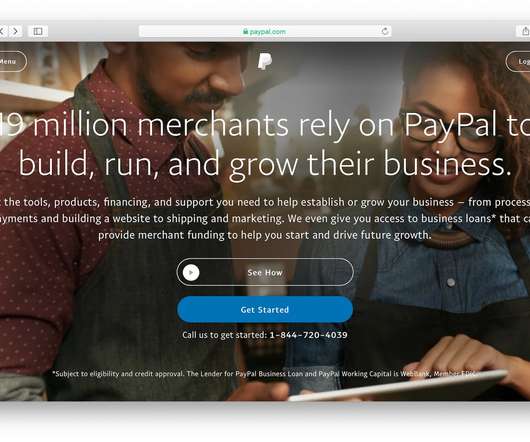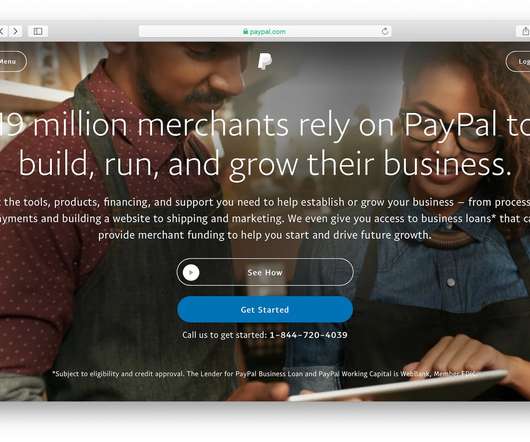A Detailed Skrill Review: Is Skrill the Right Payment Platform For You?
Ecommerce Platforms
JULY 20, 2018
It's known for excellent security measures to make up the risk being taken on. If you've ever used PayPal to send money to your bank, you know that it's free, regardless of being a consumer or merchant. They charge for processing but let you send money to your bank without a charge. In fact, many processors stick to this model.













Let's personalize your content